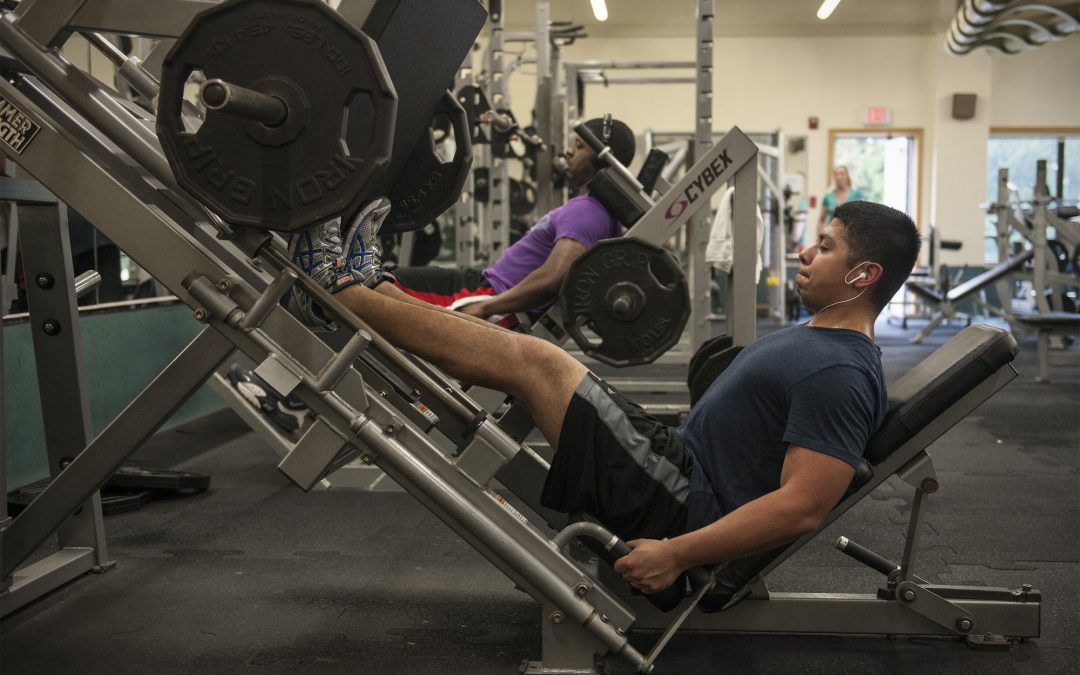In the days of old, strength training in basketball was considered to be counterproductive — it left players feeling sore, could have led to strained muscles, and could have seriously harmed one’s shooting technique. After all, players simply needed to run fast and shoot the ball with accuracy; there was no need in complicating the sport any further.
However, attitudes began to shift as superstars like Michael Jordan and LeBron James emerged and attributed their extraordinary professional achievements to the time they spent in the weight room, and how much effort they put into their diets.
These developments led athletes around the nation to take their health into their own hands; they spent more time improving their physical strength while making positive adjustments to their diets. Naturally, this change of lifestyle improved players’ physical build and performance during games.
Subsequently, basketball coaches on the professional level began to recruit trainers and promote team-wide strength training for the first time in the sport’s history.
Now, several decades later, strength trainers have found their place on college campuses nationwide, where they dedicate their time and energy to implementing their tough regimens and tending to players on the physical — and sometimes emotional — level.
With that in mind, let us explore the importance of strength coaching in college basketball.
It improves the athlete’s overall health
Although this is a given, many fail to realize just how impactful effective strength training can be. Not only do these intense regimens improve one’s strength and endurance, but it promotes cardiovascular health and promotes the replacement of fat with muscle — something many players are in desperate need of, especially during their freshman year.
It promotes team bonding and boosts morale
By spending countless hours training in the weight room, players will not only bond with one another, but with their strength trainer as well. This is when many of the positive aspects of being on a team — such as heightened self-esteem, a greater dedication to teamwork and reaching goals, and enhanced academic performance — shine through, as each athlete is encouraging the other during both good and bad points of the season.
It translates to the court
When a team is truly being challenged and stretched by their trainer, the fruits of their labor are displayed on the court. Granted, working with an exceptional trainer does not guarantee the team will always win, but it does improves the likelihood that they will show exceptional sportsmanship and resilience in the face of a challenging game.

